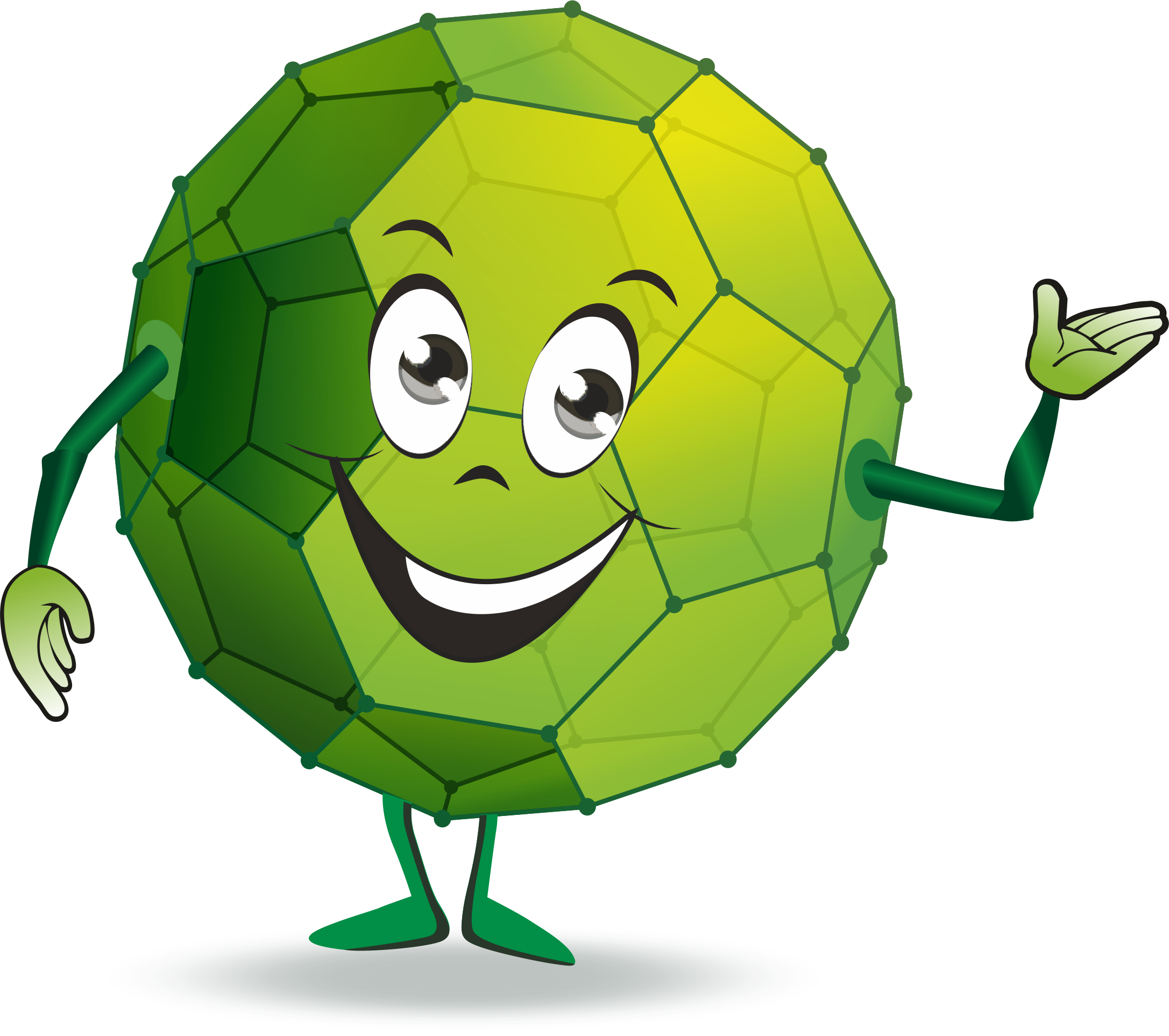Are Seaweed Fertilizers good for all plants
About Seaweed Fertilizers:-
“Seaweed” is the common name for countless species of marine plants and algae that grow in the ocean as well as in rivers, lakes, and other water bodies. Seaweed looks like a plant, but is an algae colony. The oldest green land plants are about 450 million years old, and fossils of green seaweeds go back to at least 800 million years ago. These include algae, seaweeds, kelp, and diatoms.
The history of seaweed supply and benefits is fascinating and different from one country to another. People become aware of the enormous benefits of seaweed and its significant value for our health after they actually started using it in the routine life.
Origin of Seaweed Fertilizers:-
The origin of “Seaweed” dates back to about approximately three-and-half billion years ago, and we realized seaweed benefits thousands of years ago, as archaeological records claim. In Japan, in the past 2000 years mankind has seen many seaweed uses, and it is clear from the literature that the Japanese were well aware of the many seaweed benefits all along. This is demonstrated by at least six types of seaweeds in their daily diet.
China is also known to be another ‘algae’ destination. It was discovered that in 600 BC seaweed supply was used for a king’s special guests only. It is thought that the first book by an author about sea vegetables, their uses and various ways to benefit from seaweed was also from China, and when seaweed was firstly imported from China, other countries started to experiment with it.
During the times of the Roman Empire in Europe sea vegetables were mainly used as an ingredient for medicine. Ancient Greeks served their animals with seaweed fertilizers. Some types of the seaweeds were used as a dying agent too.
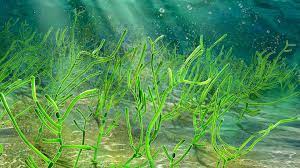
Tamil Nadu, Gujrat coasts, Lakshadweep, Andaman, and the Nicobar Islands are abundant in seaweed. Rich seaweed bed is also found around Mumbai, Ratnagiri, Goa, Karwar, Varkala, Vizhinjam, and Pulicat in Tamil Nadu and Chilka in Orissa. So India also has its role in producing seaweed.
Appearance:
Some seaweeds are microscopic, such as the phytoplankton that live suspended in the water column and provide the base for most marine food chains. Some are enormous, like the giant kelp that grow in abundant “forests” and tower like underwater redwoods from their roots at the bottom of the sea. Most are medium-sized, come in colors of red, green, brown, and black, and randomly wash up on beaches and shorelines just about everywhere.
Importance a Fertilizer:-
- The vernacular term “seaweed” is actually a misnomer, because a weed is a plant that spreads so profusely that it can harm the habitat where it grows. The fixed and free-floating “weeds” of the sea are utterly essential to innumerable marine creatures, both as food and as habitat, likewise they also provide many benefits to land-dwellers, notably those of the human variety. Because Seaweeds are rich in protein, iodine and other minerals for which deficiencies are commonplace. Livestock is also generally fed with seaweed.
- Now we will see the role of seaweeds as fertilizers in agriculture. Seaweeds contain many growth promoting substances in addition to many organic and inorganic matters that can improve the physical and chemical nature of soil. In terms of soil structure, seaweed does not add a great deal of bulk, but its jelly-like content “alginate” helps to bind soil crumbs together. It is reach in nitrogen, phosphorous, and potassium compounds in addition to various amino acids and other important soil nutrients. In the modern agricultural scenario seaweed fertilizers have become a fast growing sector where residues from the extraction processes can be utilized to serve as high-quality soil fertilizers. Fresh seaweeds can be processed for foliar feeding or root zone applications through drip lines with soluble extracts.
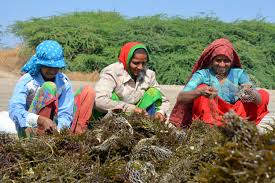
- Seaweeds, particularly bladderwrack, kelp, or laminaria, can be either applied to the soil as a mulch or can be added to the compost heap, where they can function as an excellent activator. Brown seaweeds contain a large quantity of calcium and potassium ions, in addition to a large variety of other minerals. The many metal ions are combined with the seaweed biomass to offer a porous structure. Seaweeds also contain organic magnesium, organic potassium, organic zinc, organic copper, etc., which are important minor elements for the human beings too.
- In recent years, use of seaweed extracts have gained popularity due to their potential use in organic and sustainable agriculture, especially in rainfed crops, as a means to avoid excessive fertilizer applications and to improve mineral absorption.
- Seaweed Fertilizers functions as an organic bio-fertilizer. Because seaweed is rich in micro and macronutrients, Humic acids, and phytohormones, it enhances soil fertility. Seaweed fertilizers have the broadest range of benefits to plants beyond plant nutrition. They also promote bacterial activity in soil mediums. They are known to improve root nutrient intake along with having the ability to improve resistance to disease, pests and abiotic plant stress.
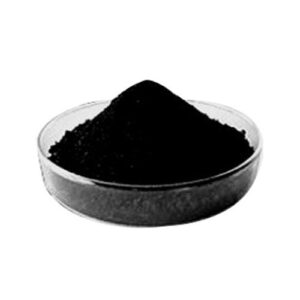
Seaweed Extract Flakes
We, at AHPL, supply Seaweed Extract Powder & Flakes that are organic and natural seaweed products known for their quality. In the liquid form it is served with the name “Autus”. These products give the crops in the most natural way all the sustenance needed to be the healthiest and most productive ever.
The nutrients in the growing medium are soon exhausted by the growing plant and regular watering. This contains the right balance of nutrients, as well as seaweed to stimulate growth. Feeding throughout the year is beneficial because the constant warmth in our homes keeps houseplants growing throughout the year. When applied as basal dose Seaweed Extract Powder improves soil texture and promotes natural flora and worms. As a basal application, it is an excellent supplement to chemical fertilizers. It adds humus to the soil. It improves soil fertility as nutrients and hormones directly available to the plants in a natural form.
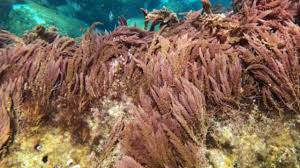
For garden enthusiasts seaweed Fertilizer is great for improving dry areas of your garden because it contains alginic acid which is really good at holding onto water in the soil. Some fruits and vegetables that like seaweed fertilizers are potatoes, strawberries, okra, sweet corn, peppers, apples, oranges, and tomatoes.
Overall it is a decent fertilizer and you should always use it in less concentration than the recommended dose to avoid burning of the roots and leaves of the plant (as the saying goes “Excess of everything is bad”)
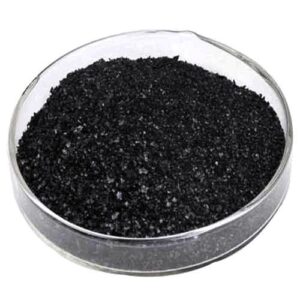
For More Visit:- www.alligohorizon.com
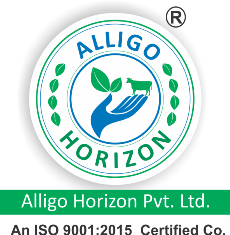
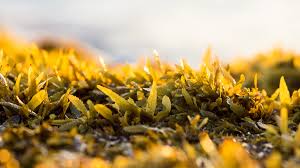
 Previous Post
Previous Post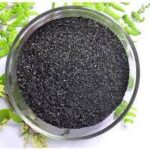 Next Post
Next Post